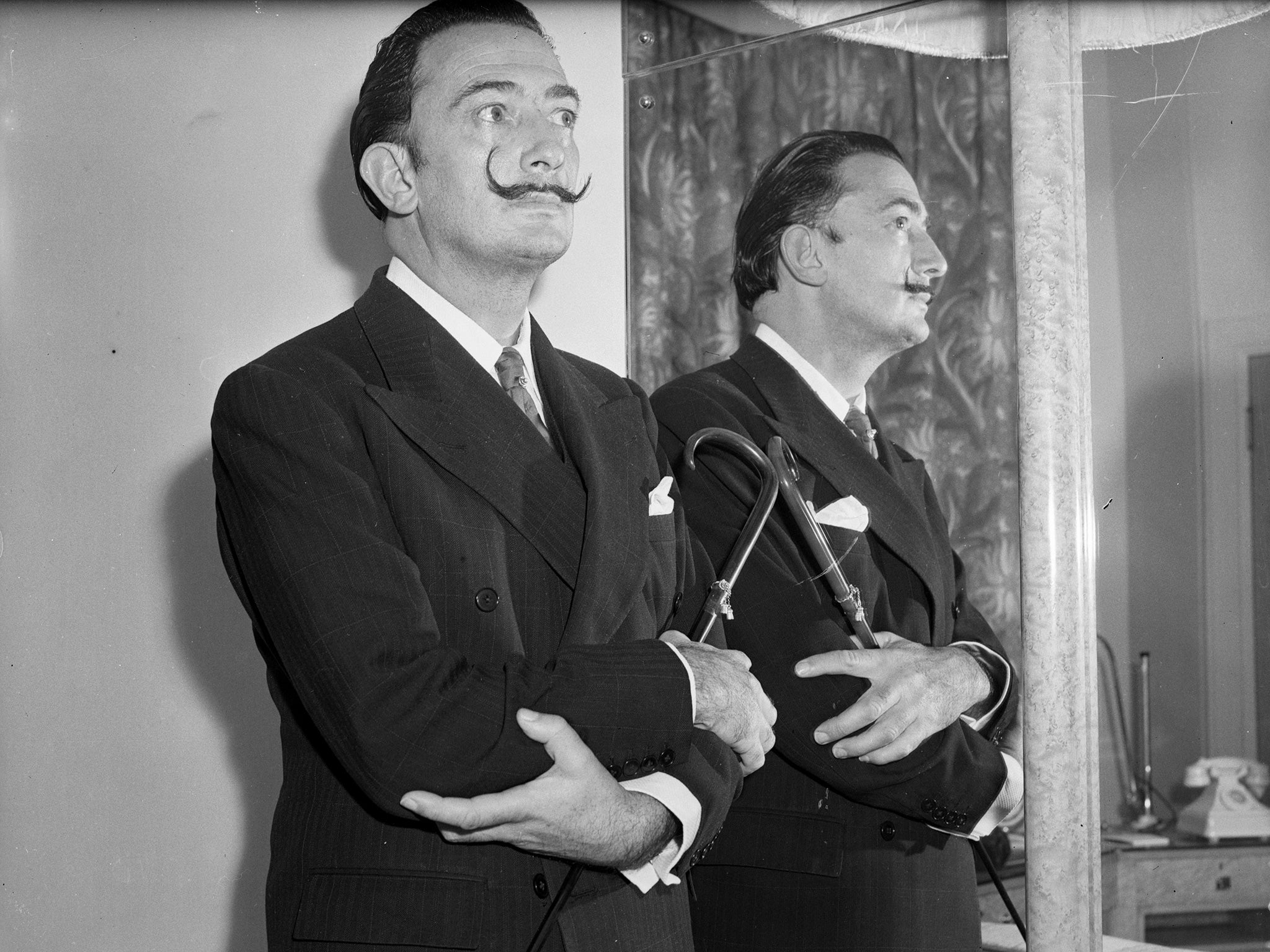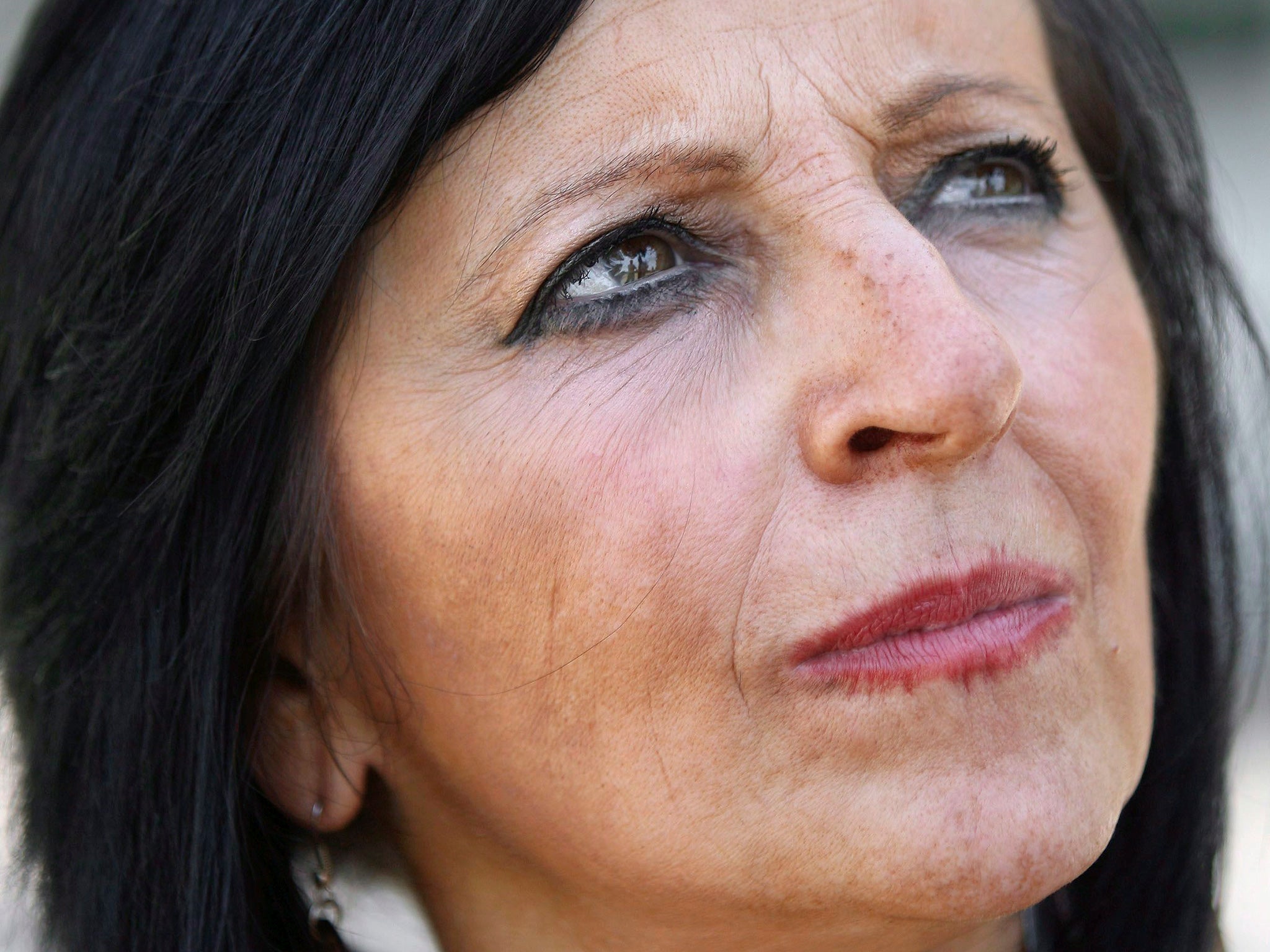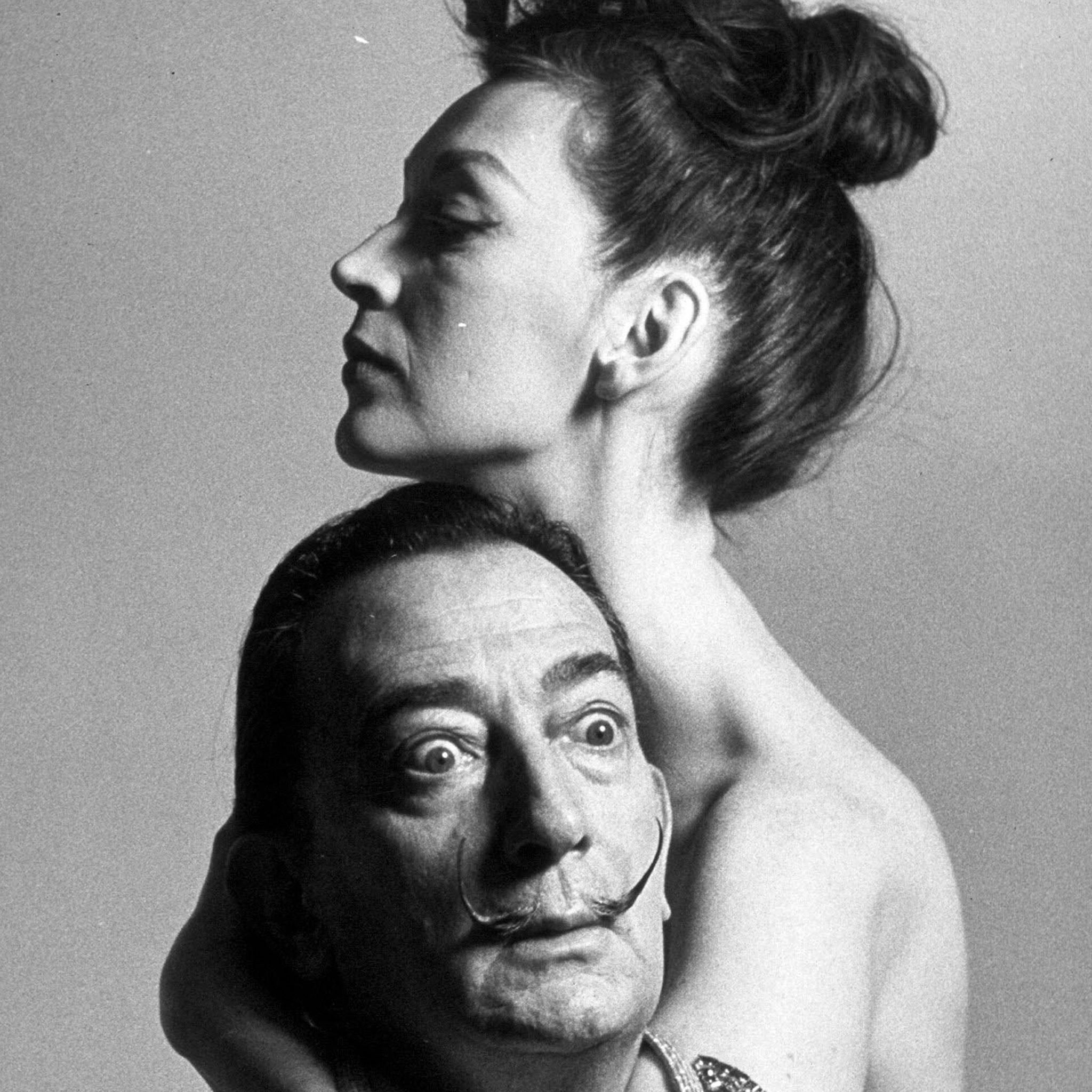Could Salvador Dali (who died in 1989) now become a dad for the first time?
Pilar Abel claims her mother had an affair with the artist in 1955 – she was born the following year

Your support helps us to tell the story
From reproductive rights to climate change to Big Tech, The Independent is on the ground when the story is developing. Whether it's investigating the financials of Elon Musk's pro-Trump PAC or producing our latest documentary, 'The A Word', which shines a light on the American women fighting for reproductive rights, we know how important it is to parse out the facts from the messaging.
At such a critical moment in US history, we need reporters on the ground. Your donation allows us to keep sending journalists to speak to both sides of the story.
The Independent is trusted by Americans across the entire political spectrum. And unlike many other quality news outlets, we choose not to lock Americans out of our reporting and analysis with paywalls. We believe quality journalism should be available to everyone, paid for by those who can afford it.
Your support makes all the difference.He may have died more than a quarter of a century ago, but Salvador Dali, the eccentric surrealist painter who once told a US talkshow that he didn’t believe in his own death, may be about to become a father for the first time.
Dali’s relationship with his wife, Gala, is almost as famous as his art. He is said to have been devoted to her throughout their marriage – she features in many of his works – but because of his purported fear of female genitalia, is understood to have consented to her numerous affairs.
However, if a case brought before a judge in Madrid this week is to be believed, a new light will be shone on the Dalis’ marriage. A claimant, named in court papers only as “Maria Pilar A” but later identified as Pilar Abel, says that her mother and Dali had a relationship in 1955, the result being her own birth in February 1956. She claims they met and became lovers in Port Lliget, the tiny fishing village near Cadaques where Dali built a house for himself and Gala.
According to La Vanguardia, the Catalan newspaper, Ms Abel wrote to Dali’s biographer with a sample of her DNA, as well as the artist’s own hair.

She says that her mother often spoke of her affair and that Dali was the father. Her lawyer has asked the Madrid court for DNA testing to be completed in order to establish whether she is indeed Dali’s daughter.
Ms Abel has filed a suit against the Dali Foundation, which manages the artist’s estate – including the house in Port Lliget – and the Spanish state.
If she is confirmed to be Dali’s long-lost daughter, she could be entitled to part of his fortune, which he left when he died in 1989.
Salvador and Gala Dali’s marriage was a complex arrangement with many contradictions. They married in 1934 in a civil ceremony, and then again in 1958 in a Catholic church after Gala received special dispensation from the Pope – Gala was a divorcee, but a committed Catholic.
They lived together in Port Lliget, but in 1968 they bought a castle in nearby Pubol. Gala lived at the castle and Dali was only permitted to visit with a written invitation from his wife.

Gala died in June 1982, after which Dali became depressed and produced little. He died of heart failure in 1989, but on several occasions is believed to have attempted suicide – including by dehydrating himself.
Paternity suits are becoming increasingly popular in Spain. Earlier this week, Spain’s supreme court upheld an appeal by the former king, Juan Carlos, against a claim by a Belgian woman claiming to be his daughter.
This came after the court had earlier said it would consider the application – the second time this year that somebody has come forward claiming to Juan Carlos’s illegitimate child – but judges voted seven to three to reject it.
Ingrid Sartiau said her mother, Liliane, had an affair in 1965 with, “a dashing 31 year-old” who she was later told was “Prince Juan Carlos of Spain”.
Her application failed partly because Juan Carlos was not 31 in 1965, he was 27, and under Franco’s dictatorship, he was not a prince.
Join our commenting forum
Join thought-provoking conversations, follow other Independent readers and see their replies
Comments